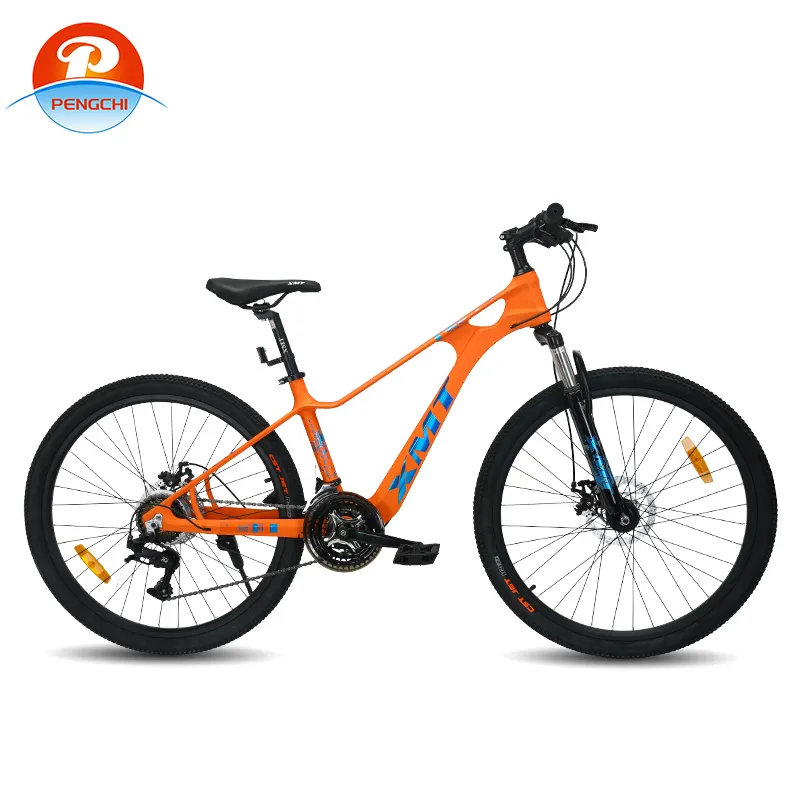3 月 . 06, 2025 11:53 Back to list
road bike wholesale
Navigating the world of road bike wholesale can be immensely rewarding for retailers and businesses looking to expand their product offerings in a rapidly growing industry. Understanding the intricacies of this niche market requires a blend of experience, expertise, authoritativeness, and trustworthiness, ensuring both the supplier and customer thrive in this dynamic environment.
Trustworthiness in the road bike wholesale market is fundamental. A transparent business model that clearly outlines pricing, shipping, and return policies builds trust with clients. Transparency reduces disputes and cultivates a positive reputation, crucial for retaining business clients. Furthermore, businesses that emphasize quality control by rigorously testing bikes before distribution can assert themselves as authoritative figures in the industry. Establishing authoritativeness goes beyond just product knowledge; it involves keeping abreast of industry trends and innovations. Participating in cycling expos and networks keeps businesses informed of technological advancements, such as new lightweight materials and aerodynamic designs, ensuring they remain competitive. Additionally, offering educational resources and expert guidance on road bike selection helps position a business as a leader in the field. Ensuring trust with clients also relies on feedback mechanisms, which can be leveraged to continuously improve services and product offerings. Customer reviews and testimonials—especially from trusted buyers or well-known cycling enthusiasts—can significantly enhance credibility. By fostering an engaged community through social media and dedicated forums, businesses can establish themselves as trusted advisors, further enhancing customer loyalty. In summary, the journey into road bike wholesale is paved with opportunities for those ready to blend experience, expertise, and trust. From forging strong supplier relationships and managing logistical intricacies to ensuring product quality and building a respected reputation, it’s a pathway that, when navigated with precision and care, proves mutually beneficial to businesses and their clientele. Embracing this holistic approach, organizations can position themselves at the forefront of a flourishing industry, consistently pedaling towards success.


Trustworthiness in the road bike wholesale market is fundamental. A transparent business model that clearly outlines pricing, shipping, and return policies builds trust with clients. Transparency reduces disputes and cultivates a positive reputation, crucial for retaining business clients. Furthermore, businesses that emphasize quality control by rigorously testing bikes before distribution can assert themselves as authoritative figures in the industry. Establishing authoritativeness goes beyond just product knowledge; it involves keeping abreast of industry trends and innovations. Participating in cycling expos and networks keeps businesses informed of technological advancements, such as new lightweight materials and aerodynamic designs, ensuring they remain competitive. Additionally, offering educational resources and expert guidance on road bike selection helps position a business as a leader in the field. Ensuring trust with clients also relies on feedback mechanisms, which can be leveraged to continuously improve services and product offerings. Customer reviews and testimonials—especially from trusted buyers or well-known cycling enthusiasts—can significantly enhance credibility. By fostering an engaged community through social media and dedicated forums, businesses can establish themselves as trusted advisors, further enhancing customer loyalty. In summary, the journey into road bike wholesale is paved with opportunities for those ready to blend experience, expertise, and trust. From forging strong supplier relationships and managing logistical intricacies to ensuring product quality and building a respected reputation, it’s a pathway that, when navigated with precision and care, proves mutually beneficial to businesses and their clientele. Embracing this holistic approach, organizations can position themselves at the forefront of a flourishing industry, consistently pedaling towards success.
Previous:
Next:
Latest news
-
Toy Car with Parental Remote - Safe Electric Ride-On Car with Parental Control
NewsJun.10,2025
-
Cheap Bikes for Students - Affordable & Durable Student Bicycles Online
NewsJun.10,2025
-
Children Balance Bike Lightweight & Adjustable OEM Designs
NewsMay.30,2025
-
Junior BMX Race Bikes Lightweight, Durable & Speed-Optimized
NewsMay.30,2025
-
21-Speed Foldable Gear Cycle Compact & Portable Commuter Bike
NewsMay.30,2025
-
Affordable & Durable Bikes for Students Campus Commutes Made Easy
NewsMay.29,2025



